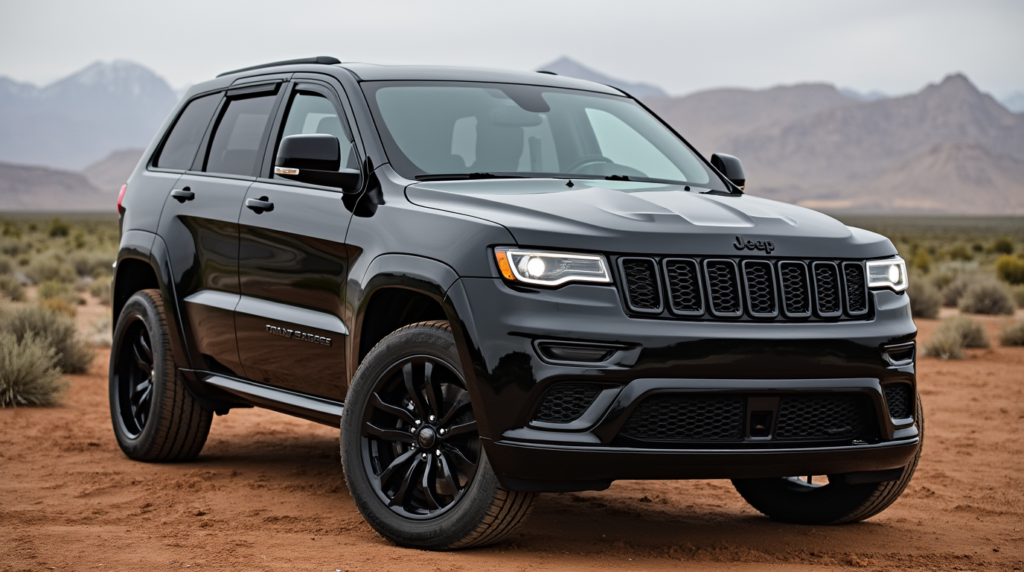If you’ve ever dreamt of sliding sideways through a corner, tires screaming and your heart pounding, there’s a good chance the Nissan 240SX has entered your imagination. This car isn’t just a vehicle; it’s a rite of passage in the drifting world. Whether you’re a passionate gearhead or a curious newcomer to JDM culture, this guide covers all the essentials you need to know about this legendary machine.
A Brief History of the Nissan 240SX
Origins and Production (1989–1998)
The Nissan 240SX was introduced to the U.S. market in 1989 as a replacement for the 200SX. It came in two main generations: the S13 (1989–1994) and the S14 (1995–1998). Designed specifically for North America, the 240SX was known for its balanced chassis, lightweight frame, and rear-wheel-drive layout—perfect traits for driving enthusiasts.
JDM vs. USDM Differences
While international versions of the car (like the Japanese 180SX or Silvia) came equipped with turbocharged engines, U.S. models featured the naturally aspirated KA24E and KA24DE engines. The tradeoff? Less horsepower, but more torque—ideal for daily use and engine swaps later on.
Why the 240SX Became a Drift Legend
Balanced Chassis and RWD Platform
One of the 240SX’s greatest strengths lies in its structural balance. With near-perfect weight distribution, an independent suspension setup, and rear-wheel-drive traction, it handles predictably and responsively on the track.
Rise of Drifting Culture
The 240SX’s rise to fame is intertwined with the drifting scene in Japan and its growth globally. As Formula Drift gained traction in the U.S., the 240SX became a fan favorite due to its affordability and tunability.

Top 5 Reasons Drifters Love the 240SX:
- Rear-wheel-drive setup
- Easily swappable engines
- Massive aftermarket support
- Lightweight body
- Affordable entry-level performance
Comparing 240SX Models: S13 vs. S14
| Feature | S13 (1989–1994) | S14 (1995–1998) |
|---|---|---|
| Engine | KA24E / KA24DE | KA24DE |
| Horsepower | 140–155 hp | 155 hp |
| Body Styles | Hatchback, Coupe, Convertible | Coupe only |
| Suspension | Independent front & rear | Multi-link rear |
| Key Feature | Pop-up headlights | More refined body styling |
The S13 is praised for its iconic pop-up headlights and lightweight feel, while the S14 boasts a more refined and modern appearance. Your choice depends on whether you’re chasing classic style or slight performance gains.
Modding the Nissan 240SX: Popular Upgrades
Engine Swaps
One of the car’s biggest draws is its compatibility with a range of engine swaps:
- SR20DET: Turbocharged and widely available from Japanese imports.
- RB25DET: A straight-six powerhouse for those wanting more grunt.
- LS V8: For maximum power and American muscle lovers.
Suspension and Handling
To sharpen its drift-ready handling:
- Install coilovers for adjustable ride height
- Upgrade sway bars and control arms
- Replace aging bushings with polyurethane versions
Visual and Aerodynamic Enhancements
Popular mods include:
- Widebody kits
- Rear wings/spoilers
- JDM front-end conversions (especially Silvia S13 face swaps)
These additions don’t just look aggressive—they help with stability at speed.
What to Check Before You Buy
Common Issues and Rust Spots
Given their age, most 240SX models have wear and tear. Be on the lookout for:
- Rust on the rocker panels and frame rails
- Rear subframe deterioration
- Leaking valve cover gaskets
Mod History Red Flags
Modified cars can be a mixed bag. Watch for:
- Poor wiring on engine swaps
- Cut springs or budget suspension
- Missing catalytic converters or emissions hardware
Current Market Prices
- S13: $5,000 to $15,000 depending on condition and mods
- S14: $7,500 to $20,000+, with clean, stock examples fetching premium prices
Use enthusiast forums or Facebook Marketplace to compare real-time listings.

Maintenance & Reliability Tips
Known Mechanical Issues
- Timing chain rattle in the KA24 engines
- Clutch wear, especially in drifted models
- Fuel pump failures on higher-mileage cars
Preventative Maintenance Checklist:
- Change oil every 3,000–5,000 miles
- Inspect suspension components yearly
- Upgrade brake pads and rotors if tracking the car
The 240SX is easy to maintain if you stick to the basics and stay ahead of aging parts.
Is It Still Worth Buying in 2025?
Drift Missile or Daily Driver?
You can daily a 240SX, but expect quirks:
- Fuel economy isn’t great (~22 MPG)
- Old interiors and electronics may be worn
- Noise and vibration from performance mods
But if you want a pure, analog driving experience, few cars deliver like it.
Investment Potential
With values rising steadily, especially for clean S14s and unmodified S13s, the 240SX may become a legitimate collector’s item. If you find one in good shape, it could hold—or even gain—value over time.
Frequently Asked Questions (FAQ)
Is the Nissan 240SX a good car for drifting?
Absolutely. Its rear-wheel-drive layout, balanced chassis, and lightweight design make it a favorite among amateur and pro drifters alike.
What’s the best engine swap for the 240SX?
The SR20DET is popular for its turbocharged power and easy fitment. However, the LS V8 offers unmatched torque for those seeking serious performance.
How much should I pay for a Nissan 240SX?
Expect prices between $8,000–$18,000, depending on model, condition, and modifications. S14s typically demand a premium.
Are parts still available for the 240SX?
Yes, thanks to the strong aftermarket and enthusiast communities, many OEM and performance parts are still readily available.
Conclusion: Why the Nissan 240SX Still Matters
The Nissan 240SX is more than just a relic from the ’90s—it’s a community, a culture, and a canvas for performance dreams. Whether you’re into drifting, tuning, or preserving automotive history, this platform offers a rewarding journey. Just be ready to invest time, love, and a little cash. But once you slide into that driver’s seat, you’ll know it was worth it.
Ready to start your 240SX journey? Join enthusiast forums, visit local car meets, or browse listings to find your future project. And once you do, hold on tight—you’re in for a sideways ride.
you may also like :
- How Much Is a Bugatti in 2025? Best Insights & Full Price Guide
- Legendary Nissan Skyline R34: Specs, Price & History in 2025
- Used Toyota Tacoma – Best Deals, Prices & Buyer Tips 2025
- Used Toyota Rav4 – Best Deals, Prices & Buyer Tips
- Top 5 Ultimate Toyota Tacoma Used Deals in 2025 – Prices & Buyer Tips



1 thought on “Nissan 240SX: The Ultimate Guide to This Legendary Drift Icon”